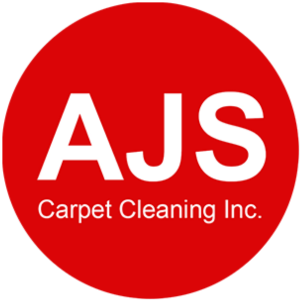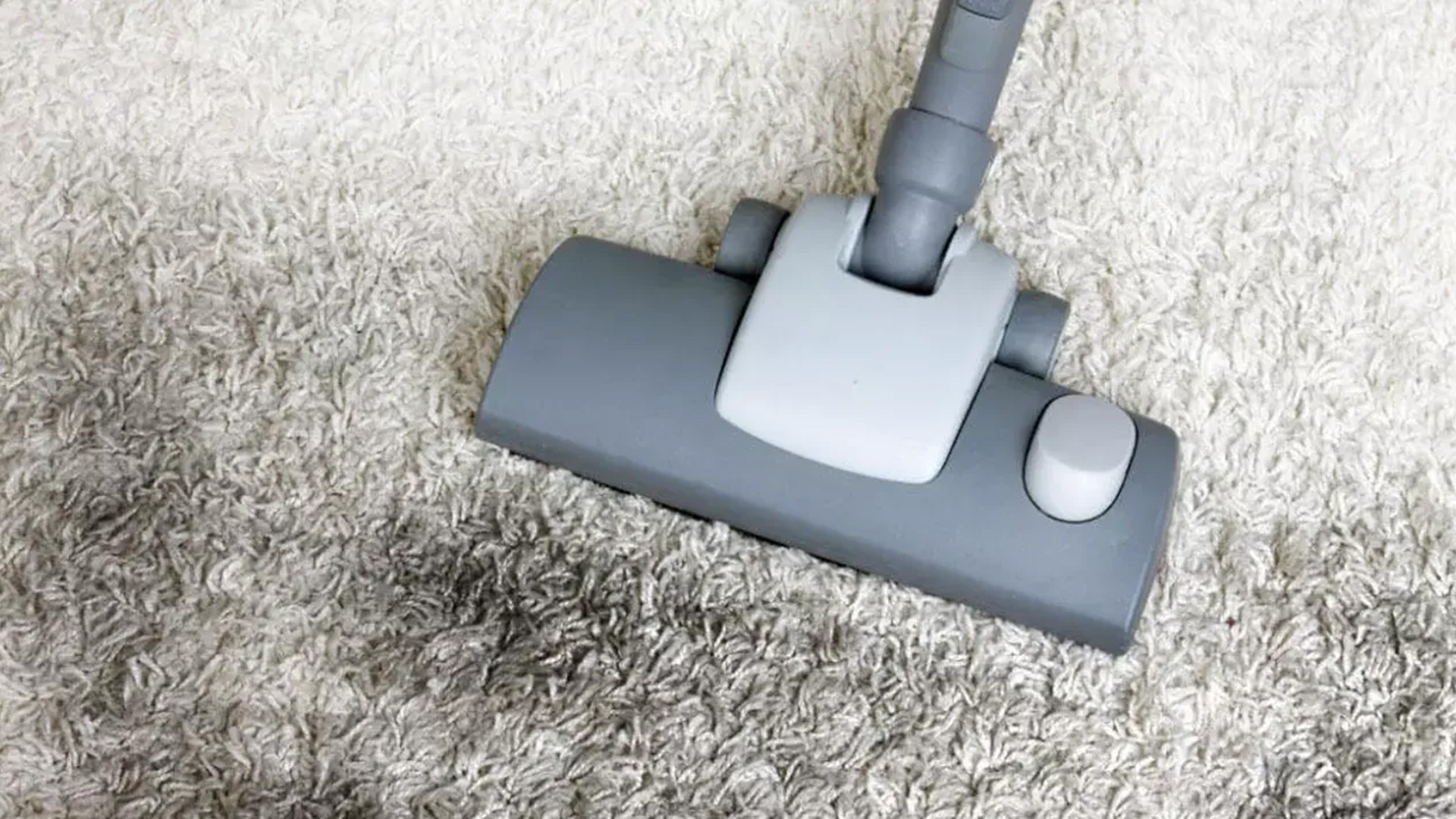Water—essential for life, disastrous for carpets.
A small leak or a full-blown flood, it doesn’t take long before your floors become a soaked mess.
Whether you’re running a home, a busy office, or managing a commercial space, carpet water
damage doesn’t knock before entering—it barges in and demands your attention.
So, what do you do when it happens?
What’s the immediate response that could save you thousands and prevent future chaos?
Let’s walk through the exact steps together.
1. Don’t Panic, But Don’t Wait Either
You’re staring at wet carpet, heart pounding. Sound familiar?
But panic helps no one. The real danger? Time.
Every second matters when water is creeping into carpet fibers, padding, and even the subfloor
beneath. Delay, and you open the door to mold, foul odors, and costly replacements.
So ask yourself:
Where’s the water coming from?
What kind of water is it?
How much damage are we looking at?
Let’s answer those questions.
2. Identify the Type of Water – It Changes Everything
Not all water is created equal.
Category 1: Clean Water
This is from a broken pipe or an overflowing sink. No bacteria—yet. But time is ticking.
Category 2: Gray Water
From washing machines or dishwashers. It may contain chemicals or debris. Handle with caution.
Category 3: Black Water
Sewage, stormwater, or groundwater. It’s toxic. Full stop. Do not DIY. Call professionals
immediately.
So what are you dealing with?
Understanding the source helps you act with confidence, not fear.
3. Stop the Flow – Literally
Water still pouring in?
Find the source and shut it off—quick. If it’s a pipe, turn off the main valve. If it’s an appliance,
unplug it and cut power to the area.
You can’t fix what keeps flooding.
And what’s the next move once the leak stops?
Now, it’s all about extraction.
4. Get the Water Out—Fast
Grab towels. Buckets. A wet/dry vacuum if you have one.
Start removing water as quickly as possible. The longer it sits, the deeper it seeps, and the
harder it becomes to clean.
Overwhelmed by the volume?
In commercial spaces or larger offices, this isn’t a one-person job. That’s when AJS becomes your secret weapon.
Experts come armed with industrial-grade equipment that can do in minutes what might take
you hours.
5. Air It Out—Dry, Dry, Dry
Water’s gone. Great. But dampness remains.
And that’s just as dangerous.
Open the windows. Turn on every fan you own. Use dehumidifiers if available. Lift the carpet
and dry out the padding underneath.
Because it’s not what you see that causes mold—it’s what’s hidden beneath.
Don’t want to miss a single moisture pocket?
Pros use infrared cameras and moisture meters to find the wet spots you’d never detect on your
own.
6. Disinfect and Sanitize – It’s Not Just About Dryness
Moisture invites bacteria. And the last thing you want is to walk barefoot over
pathogens—especially in an office environment.
Sanitize everything: carpet, padding, and subfloor.
Does your carpet still smell?
That means bacteria or mold is already making itself at home.
Call in AJS crew who can deep clean and deodorize using commercial-
grade disinfectants.
They’ll leave your workspace cleaner than before the leak.
7. Mold Is a Silent Intruder—Are You Listening?
It doesn’t always announce its arrival.
Sometimes it’s just a faint musty smell. Other times it’s itchy eyes or a dry cough in the morning.
Could mold be hiding in your carpet right now?
Look for signs:
● Discoloration
● Unusual odors
● Spongy or warped flooring
● Increased allergy symptoms in your staff
If you suspect mold, don’t wait. Have it tested. If it’s there, it’s got to go. Mold isn't just a
nuisance—it’s a health hazard.
8. Restore or Replace? That Is the Question
Once the carpet is dry and clean, take a step back and really inspect the damage.
Choose to Restore If:
● The water was clean
● You dried it within 24–48 hours
● There’s no mold or odor
● The padding is still intact
Choose to Replace If:
● Water was gray or black
● Carpet smells, feels warped, or looks discolored
● Mold has been found
● The padding is saturated or delaminated
Still unsure?
A reliable service can give you an honest evaluation—no
pressure, just solutions.
9. Bring in the Experts—Why Go It Alone?
Handling carpet water damage isn’t just about soaking up moisture. It’s about preventing long-
term problems that can quietly ruin your floors and your budget.
So, do you really want to gamble with DIY?
Calling professionals ensures:
● Rapid drying with advanced tools
● Mold prevention
● Proper sanitization
● Peace of mind
AJS Carpet Cleaning Service brings all that—and more. Trusted by
offices, schools, and commercial properties, they’re quick to respond, thorough in their work,
and easy to work with.
10. Don’t Just Fix It—Prevent It
This might be your first experience with carpet water damage.
Do you want it to be your last?
Here’s how to future-proof your floors:
● Inspect plumbing regularly – Fix small issues before they become floods.
● Use water sensors and alarms – They catch leaks early.
● Schedule routine cleaning – Experts can spot hidden damage or signs of mold.
● Choose stain– and water-resistant carpets – Especially for high-risk zones like
kitchens or bathrooms.
● Work with professionals – An experienced Office Carpet Cleaning team doesn’t just
clean—they advise, prevent, and protect.
Why Businesses Trust Able Jan
Able Jan isn’t just a cleaning service. They’re partners in facility care.
When your commercial space faces carpet water damage, you don’t want amateurs. You need
seasoned pros with a system that works—and the reviews to back it up.
From damage assessment to deep cleaning, deodorizing, and mold prevention, their team
knows how to restore carpets without disrupting your operations.
They’ve helped hundreds of business owners bounce back. Now, they’re ready to help you.
Carpet Water Damage Isn’t the End
It feels like a disaster. But it doesn’t have to be.
By acting fast and making smart decisions, you can prevent long-term damage, avoid mold, and
even save your carpet.
Here’s your go-to checklist:
Identify the water source
Stop the leak
Remove water fast
Dry thoroughlySanitize everything
Inspect for mold
Decide to restore or replace
Call in professionals
Prevent future issues
And if you’re still unsure?
Let Able Jan handle it for you—quick, clean, and stress-free.
Because the best way to deal with carpet water damage… is to never deal with it again.

